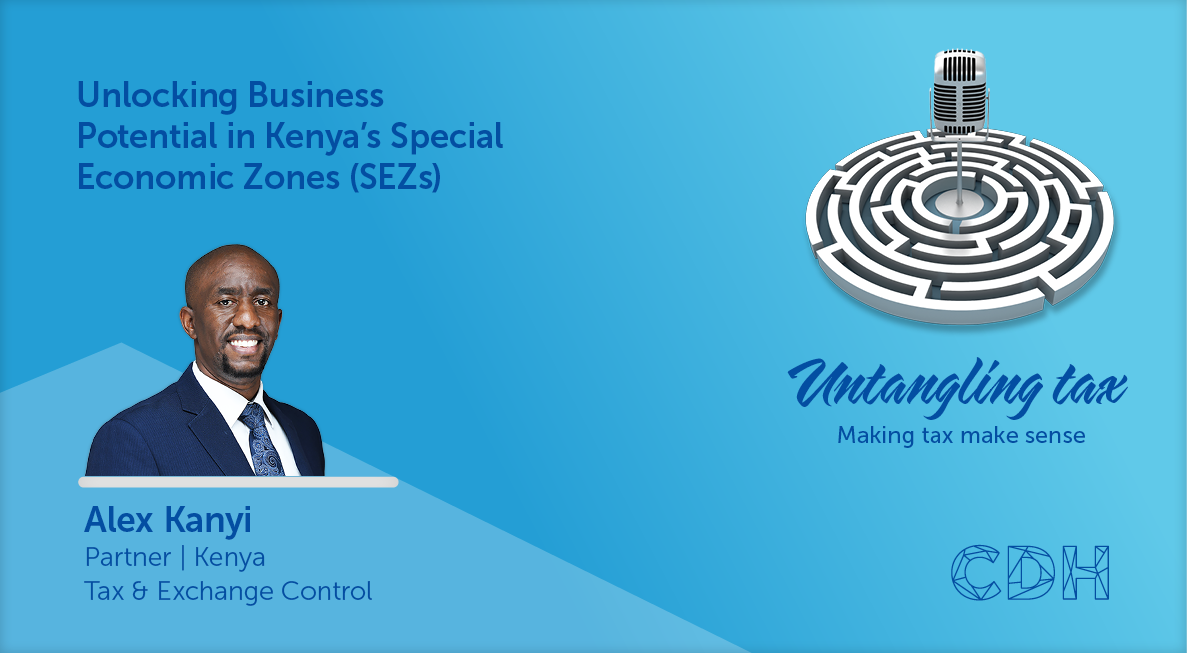Cannabis in the workplace: Clearing the air
At a glance
- In April 2019, Marasi informed PetroSA of his intention to embark on an 18-month traditional healer training programme, which entailed him being transferred from the Cape Town branch to the Mossel Bay refinery. This was duly permitted by PetroSA on condition that he be declared medically fit.
- Taking into account the nature of PetroSA’s work environment (the exploration of oil and gas), and the health and safety requirements in law, the Labour Court found that the policy set a genuine and reasonable requirement aimed at achieving a healthy and safe work environment.
- The court further found it absurd for a positive test to trigger the instituting of disciplinary proceedings immediately prior to requesting an employee to vacate the premises. The court accordingly found the employer’s request for to Marasi vacate the workplace did not amount to an unfair suspension, but a reasonable application of company policy.
Facts
Mr. Marasi was employed by PetroSA as a teleco technician. His employment primarily entailed managing PetroSA’s telecommunication system, which included overseeing telephone services and all virtual systems controlling video conferencing.
In April 2019, Marasi informed PetroSA of his intention to embark on an 18-month traditional healer training programme, which entailed him being transferred from the Cape Town branch to the Mossel Bay refinery. This was duly permitted by PetroSA on condition that he be declared medically fit.
Prior to his transfer, Marasi underwent a medical assessment, in which he disclosed his use of cannabis pursuant to his traditional healer training and subsequently tested positive for cannabis use in a drug screening. Confirmatory tests were taken after Marasi’s transfer, and it was found that the levels of cannabis found in his blood exceeded the permissible threshold in terms of PetroSA’s drug and alcohol policy.
In terms of the cannabis policy, Marasi was denied access to the refinery as he was deemed unfit for duty and would only be permitted to return when he tested below the threshold. Marasi was consequently away from work for a period of three months, and during this time made use of his remaining annual and sick leave credits.
Marasi was of the view that his absence from the workplace amounted to an unfair suspension, as he was obliged to make use of his remaining leave days during his period of absence. He further argued that PetroSA’s cannabis policy led to unfair discrimination on the basis of culture. Lastly, he argued that PetroSA acted unreasonably in dealing with his spiritual and cultural journey and thus failed to provide him with reasonable accommodation.
The court took into account several issues regarding cannabis policies in the workplace, which are outlined below.
Cannabis policies and unfair discrimination
The Labour Court was cognisant of the potential indirect discrimination drug and alcohol policies may cause certain cultural groups. However, the court held that whether such policies would amount to unfair discrimination requires a determination as to whether the policy seeks to address an inherent requirement of a particular job, such as the management of intrinsic risks associated with substance abuse.
Taking into account the nature of PetroSA’s work environment (the exploration of oil and gas), and the health and safety requirements in law, the Labour Court found that the policy set a genuine and reasonable requirement aimed at achieving a healthy and safe work environment.
It is therefore important to take into consideration the work environment over and above the specific position that an employee holds within an organisation. On that score the Labour Court found that all employees were bound by normal workplace rules.
Employers’ duty of reasonable accommodation
From a broad perspective, the court provided that the concept of reasonable accommodation is required to promote diversity in the workplace.
The court considered that the employer took multiple steps to assist Marasi in pursuit of his traditional training, such as permitting his transfer and allowing the extension of his stay at the Mossel Bay refinery. The evidence presented also demonstrated that the employer treated Marasi’s circumstances with respect and sensitivity.
The Labour Court confirmed the principle that an employer would not be obliged to accommodate an employee to the extent that it would be unreasonable or cause undue hardship to the employer in doing so.
Can employees being denied access to the workplace after a positive cannabis result be regarded as suspension?
Considering the nature of the services offered by PetroSA, the court found it permissible for an employer to immediately revoke the access of an intoxicated employee to the workplace.
The court further found it absurd for a positive test to trigger the instituting of disciplinary proceedings immediately prior to requesting an employee to vacate the premises. The court accordingly found the employer’s request for to Marasi vacate the workplace did not amount to an unfair suspension, but a reasonable application of company policy.
Conclusion
This is an important judgment on the question of cannabis in the workplace. It is likely that this and other matters dealing with this topic will find the attention of the appeal courts in the fullness of time. But for now, employers have a better sense of the benchmarks.
The information and material published on this website is provided for general purposes only and does not constitute legal advice. We make every effort to ensure that the content is updated regularly and to offer the most current and accurate information. Please consult one of our lawyers on any specific legal problem or matter. We accept no responsibility for any loss or damage, whether direct or consequential, which may arise from reliance on the information contained in these pages. Please refer to our full terms and conditions. Copyright © 2026 Cliffe Dekker Hofmeyr. All rights reserved. For permission to reproduce an article or publication, please contact us cliffedekkerhofmeyr@cdhlegal.com.
Subscribe
We support our clients’ strategic and operational needs by offering innovative, integrated and high quality thought leadership. To stay up to date on the latest legal developments that may potentially impact your business, subscribe to our alerts, seminar and webinar invitations.
Subscribe




